Discovery Education's Tundra Expeditions, Google Expeditions, Mystery Skype, Skype Virtual Field Trips and other Skype in the Classroom Experiences, Touchable Earth, Thrively, or the WildLab.
|
The extension component of the Triple E Framework is based on situating learning in authentic contexts and doing authentic tasks. Research-wise this component comes from the work of Brown, Collins, and Duguid (1989) as well as Lave and Wenger (1990). Knowledge should be presented in authentic contexts and not isolated from real experiences. Growth in cognition occurs when student learning is connected to their everyday experiences. Therefore in the extension component, we want to look for how the technology helps to connect classroom learning to everyday life experiences. A few examples of digital tools that help to connect learning to real life experiences and ideas include:
Discovery Education's Tundra Expeditions, Google Expeditions, Mystery Skype, Skype Virtual Field Trips and other Skype in the Classroom Experiences, Touchable Earth, Thrively, or the WildLab.
0 Comments
Your comment will be posted after it is approved.
Leave a Reply. |
AuthorLiz Kolb is a clinical associate professor of education technologies at the University of Michigan in Ann Arbor. She works with over 150 preservice teachers every year on integrating technology into K-12 teaching. Categories
All
More Schools Using Triple E and Articles about #tripleE Kent ISD (MI)
Engaging the Rewired Brain Tech PD Blog Lafayette Jefferson High School (IN) #edtech Blog Noblesville Schools (IN) ISTE Ed Tek Hub West Bloomfield Schools (MI) From Texting to Teaching by Hyler and Hicks Van Buren Elementary School, Janesville (WI) About Education Article eSchoolNews Article Archives
October 2020
|

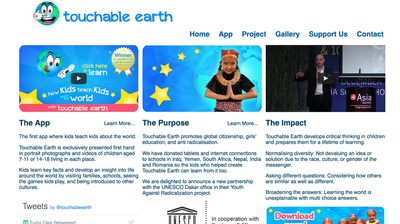
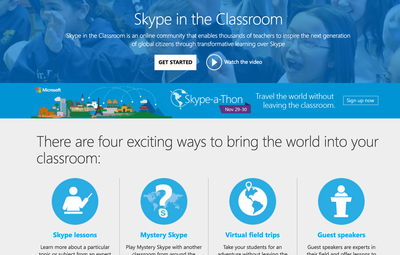
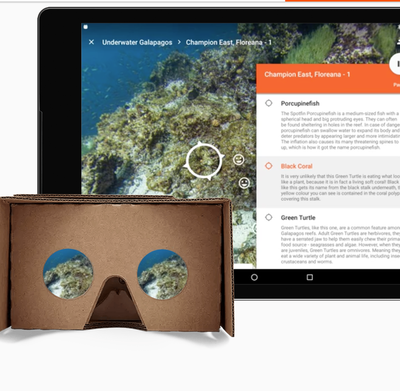
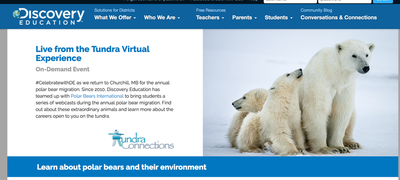
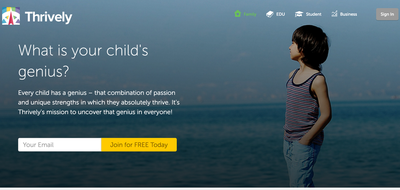
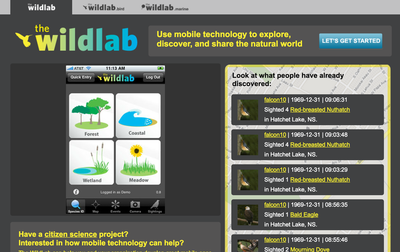
 RSS Feed
RSS Feed
